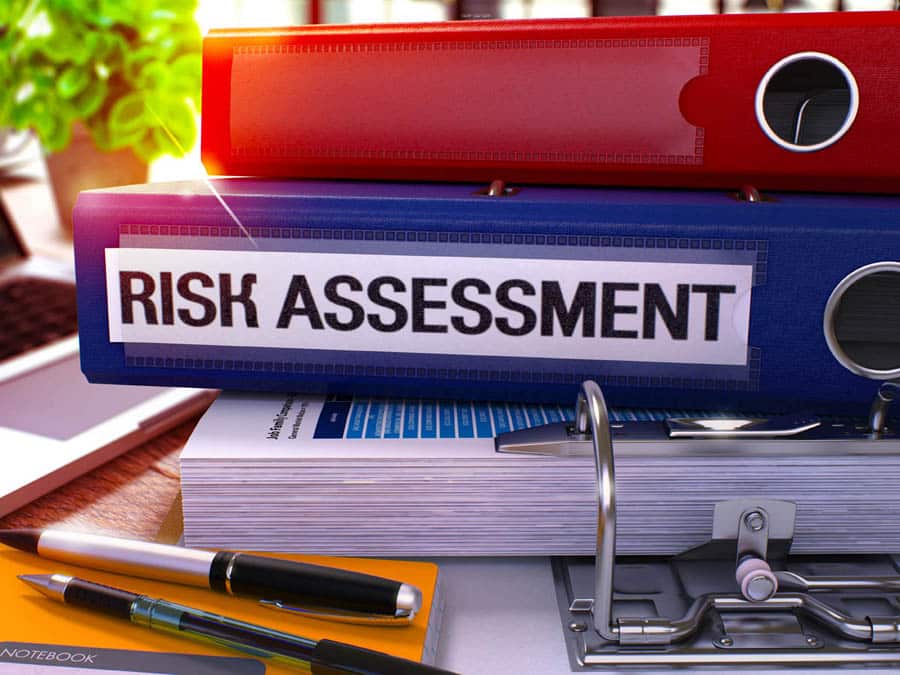Real estate investing is an exciting way to build wealth and invest in property. However, it can also be risky. That’s why it’s important to understand the different factors that might affect your investment and risk level. Even a high-risk opportunity might be worth exploring if the right questions are answered and risks considered before making an investment decision. In this article, we’ll discuss the risk assessment mindset, key questions to ask, red flag signs, and how to reduce your risk as an investor.
What is the risk of an investment property?
When deciding on an investment property, it’s important to understand the risk of the property. Knowing the risk can help you make investment decisions that are more in line with your risk tolerance. There are a few things to keep in mind when assessing the risk of an investment property.
What is the condition of your desired Market?
Real estate markets change over time due to the economy, inflation, and interest rate. To reduce the danger of a real estate investment, it is essential to have knowledge of the market you are investing in. What relevant employers are there? What is the unemployment rate? What economic stabilizers are there (institutions of higher education, etc.)? What is the population growth rate? Answering these inquiries will give you a notion of the economic prosperity of the market.
What is the Asset risk?
When investing in commercial real estate, you should be aware of the asset risk involved. This risk can be identified by assessing the age and condition of the building, which is categorized into Classes A, B, C, or D, similar to school grades. Thus, if you’re putting money into a B-grade property located in a C-grade area, you should exercise caution. Additionally, you should consider if the operator has sufficient experience to accurately calculate, budget for, and perform the necessary renovations to implement their business strategy.
What is your leverage Value?
Using leverage on real estate deals can increase the potential for returns, but it also carries risk. The greater the leverage, the higher the potential gain and risk of loss. There is no exact percentage that is considered safe, as some real estate investors may be comfortable with 70%, while others may use more or less. It is up to the investor to ensure that they are not over-leveraged and having cash reserves available is a wise precaution in case of an economic downturn.
How long does it take to get a return?
People who are just starting out in real estate investing often hope to make a lot of money quickly. Investing in property can be a lucrative venture, but it doesn’t usually happen right away or even in a short period of time. You have to put in the effort and demonstrate patience before you can get the results you are looking for. The rate of return you see will also depend on the strategy you are using and the current market situation.
What is your investment strategy?
When creating your business strategy, the kind of investment you intend to do can contribute to the degree of risk you are taking. Value-add investing is a method that involves intensifying the worth of a certain property by renovating it, raising the rent, lowering operational costs, and/or optimizing its functioning. Doing so allows the investor to have more power over the risk they are taking. Real estate investors who acquire properties that need major repairs are at greater risk. These substantial projects require a lot of money, energy and resources. As a result, the investor has more potential to both gain and lose money. By rejuvenating a distressed property, the return on investment is greater than if the property only needed minor renovations.
Read Also: How to Become A Commercial Real Estate Investor?
Do I need a property inspection?
Acquiring a property examination by a proficient specialist is significant when you plan to purchase a real estate investment. This will allow you to identify any existing issues with the property that need to be addressed. Through this, you will be able to dodge unforeseen problems and you may even be able to bargain for a cheaper price.
Final words:
When assessing the risk of a property, keep in mind that no single factor determines risk. Instead, it’s an overall assessment of the factors that might affect the risk of an investment property. While some factors might indicate a higher risk, it doesn’t mean they are guaranteed to affect your investment. For example, if the rent roll is low or the property is located in a high-risk area, both factors can show that the property has a high level of risk. However, if the rent roll is high or the property is located in a low-risk area, both factors might not affect your investment.






